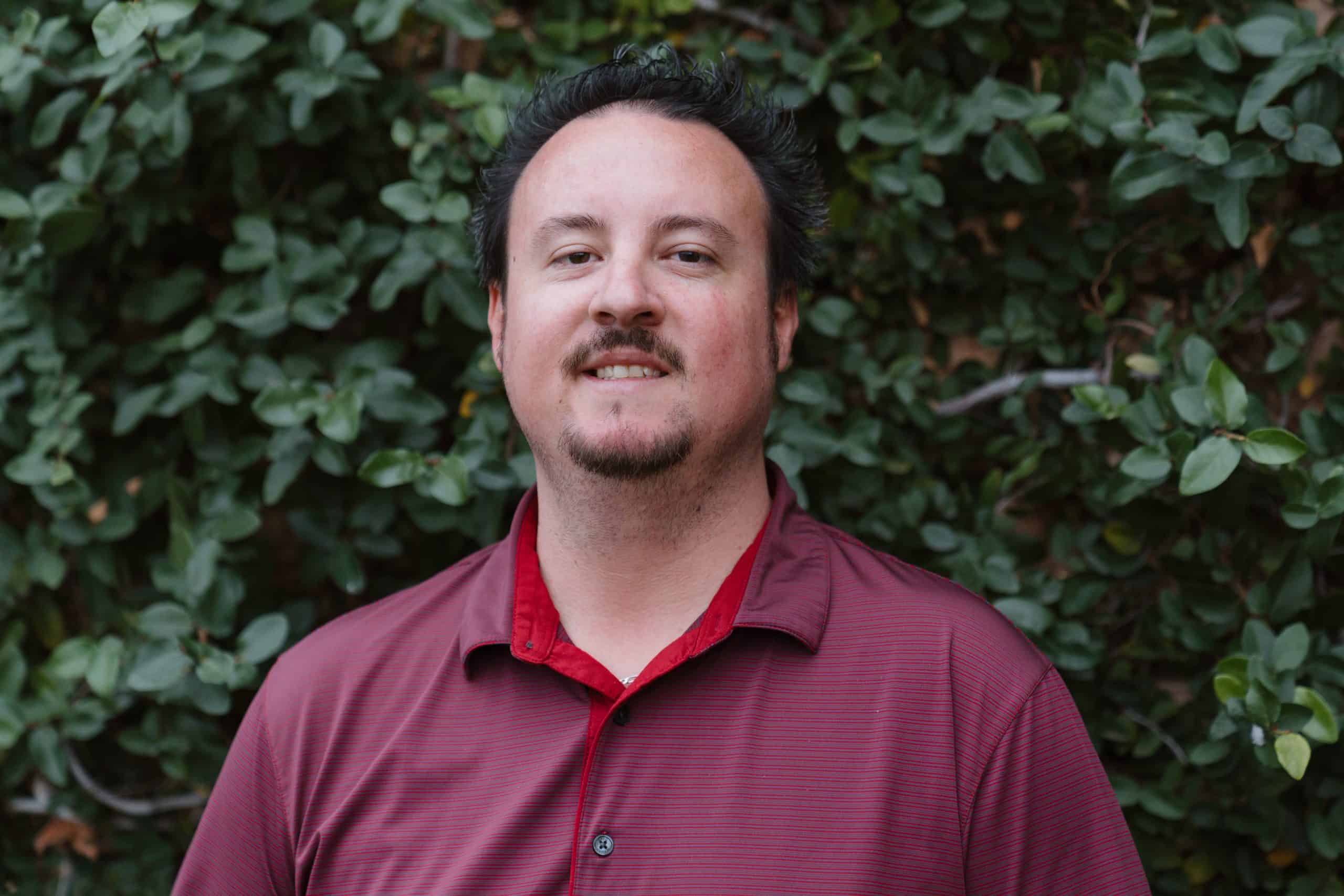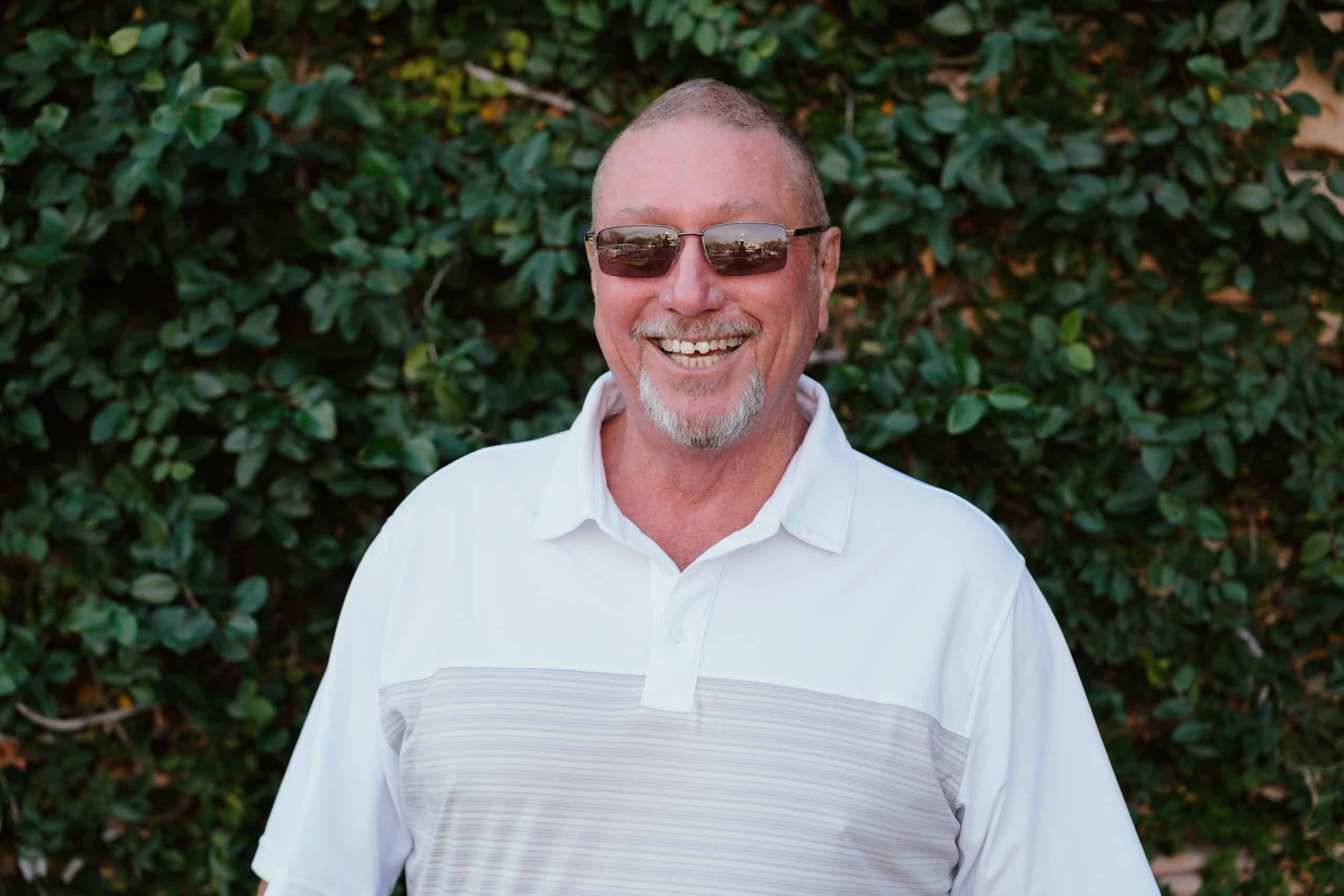Bipolar Disorder Treatment

Approximately 30% of adults who have a mental health diagnosis in Arizona are reported to have bipolar disorder or other mood disorders. Across the United States as a whole, bipolar disorder is experienced by 2.8% of the adult population, or just over 7.2 million people.
Having access to proper mental health treatment is just as important as having access to treatment for our physical health. Here at Pinnacle Peak, we offer mental health treatment services to all who need it. Everyone deserves access to care when they need it most. Our team of master’s level therapists is dedicated to helping you learn the tools you need to manage your mental health properly.
Across the United States as a whole, bipolar disorder is experienced by 2.8% of the adult population, or just over 7.2 million people.
What We Treat: Understanding Bipolar Disorder and How It’s Diagnosed
Bipolar disorder is a form of mood disorder that leads to a person experiencing episodes of extreme moods. These episodes tend to either be depressive, manic, or a combination of the two.
The difference between having a simple shift in mood and having bipolar disorder comes down to the severity of the symptoms and how long they persist. Before diagnosing someone with bipolar disorder, physical tests are done to rule out other conditions. Additionally, the person must have experienced at least one episode of mania or hypomania to ensure they’re not just experiencing a depressive disorder.
In total, there are three primary types of bipolar disorder, each ranging in how they impact the person with it.
Bipolar I Disorder
To be diagnosed with bipolar I, a person must experience a manic episode that lasts seven days or more, or experience mania severe enough to warrant hospitalization. While many people with bipolar I also experience depressive episodes, Bipolar I is primarily characterized by episodes of mania.
Bipolar II Disorder
Those who are diagnosed with bipolar II do not experience manic episodes of the same severity as those with Bipolar I. They primarily experience depressive episodes and hypomanic episodes. Hypomanic episodes are a less severe form of mania and do not last as long as manic episodes seen in bipolar I.
Cyclothymic Disorder
Fentanyl use has grown aggressively within the last decade. Within six years, the involvement of fentanyl in opioid overdose deaths rose from 14.3% in 2010 to 46% in 2016. The trend of fentanyl being involved in overdose deaths is still quite staggering. Along with this, the death rate from opioid use also rose from about 47,000 in 2018 to over 49,000 in 2019. More recently, the fentanyl mortality rate rose within the past two years. Data has shown that there was a 63% growth in fentanyl mortality from 2019 to 2020.
While fentanyl has impacted America at large, it has also hit close to home. In Arizona in December of 2021, police seized nearly 1.7 million fentanyl pills and 10 kilograms of fentanyl powder.
One of the most tragic aspects of this is the fact that many people who have fallen victim to fentanyl might not even know that they did. Fentanyl being mixed in with other substances causes more accidental overdose deaths as people don’t know that it is mixed in.
How We Treat: Our Patient-Focused Approach to Bipolar Disorder
The primary treatment options for bipolar disorder focus on psychotherapy or talk therapy. At Pinnacle Peak, we utilize CBT as part of our treatment program for our clients. We incorporate these modalities into individual therapy, group therapy, and additional experiences, including experiential and holistic therapies.

Medication Management
Medication is a powerful tool for those learning how to manage bipolar disorder. It provides clients with a way to have better control over their symptoms, giving them the space to learn the skills they need to work alongside their medication. Clients will work with their team, which includes a full-time Psychiatric Nurse Practitioner, to determine which medications, if any, will work best for their needs.
Cognitive Behavioral Therapy
Cognitive behavioral therapy (CBT) is a highly effective approach for managing bipolar disorder and supporting long-term stability. It helps you recognize and change unhelpful thought patterns and behaviors that contribute to mood episodes. By developing new strategies for responding to mood shifts and becoming more aware of emotional triggers, CBT enables individuals to develop healthier coping skills, improve emotional regulation, and foster more stable relationships.
Psychoeduation
Understanding bipolar disorder is the first step in managing the condition. Psychoeducation helps both you and your loved ones understand the condition, its symptoms, and treatment options. By increasing awareness and knowledge, psychoeducation equips individuals with the skills necessary to recognize early warning signs of mood shifts and take proactive steps. This approach also encourages better communication, reduces stigma, and promotes active participation in long-term care and recovery.
Bipolar disorder needs to be approached with multiple facets of treatment options. At Pinnacle Peak, we offer evidence-based practices as well as holistic options, including yoga, meditation, music therapy, and more. This creates a welcoming space to begin the journey to mental health wellness.
Who Experiences Bipolar Disorder?
There is not currently a firm, confirmed list of risk factors that can lead to someone developing bipolar disorder. Most often people are diagnosed in their teens or into adulthood, however, it can occur at any age. Trends indicate that having a history of bipolar disorder within your family, experiencing a traumatic event, or substance use could impact the brain and lead to the development of bipolar disorder.
Oftentimes those who have been diagnosed with bipolar disorder have other conditions as well such as anxiety, ADHD, and more.

How to Spot the Signs of Bipolar Disorder
The symptoms associated with having bipolar disorder are broken down into two categories: manic and depressive. The exact experience with the symptoms of each of these will vary in intensity and specifics from person to person. For example, where one person might be more inclined to spend excessive amounts of money during manic episodes, another might be more inclined to engage in risky sexual activities.
In both depressive and manic episodes, a person does not need to experience every possible symptom for their diagnosis to be valid.
The Symptoms of Manic Episodes
There are two different types of “manic” episodes. One is simply referred to as manic episodes while the other is known as hypomanic episodes. A manic episode lasts at least one week whereas hypomanic episodes are less severe and only last for four days.
Manic episodes as a whole are classified by high levels of energy and excitability. This can lead to symptoms such as:
- Feelings of elation
- Feeling awake/having a decreased need for sleep
- Racing thoughts
- Inflated ego
- Feeling an increased ability to accomplish things
- Talking fast or more excessively than usual
- Being easily distracted
- An increase in impulse behavior
- Increased agitation and irritability
- Being “jumpy” or wired
- Doing uncharacteristic or risky behaviors like excessive spending
In extreme cases, one might experience delusions and hallucinations during manic episodes.
Utilizing Evidence-Based Treatment for Bipolar Disorder
One of our key components of treatment here at Pinnacle Peak is the express understanding that no two people who walk through our doors are alike. In the same vein, we know that no singular treatment method will work for everyone. This is why we offer a wide variety of evidence-based treatment options to help our clients find the right combination of treatments to suit their needs.
Our team also understands that concerns like mental health and treatment are multi-faceted. They’re not two-dimensional problems that only require one solution. We strive to treat everyone in a well-rounded manner to address multiple needs in order to best set them up for long-term success.
Some of the key components to managing bipolar disorder come from a variety of skills to help properly cope with stress and knowing how to reach for help when you need it. Our brains work best when they’re well-fed, well-rested, and have their other needs met. When we don’t have to worry about our physical well-being, we have the space to focus on our mental well-being.
We work on helping clients learn some of these key skills through a variety of programs. We offer holistic therapies like yoga and experiential therapies like art and music. We also utilize support groups through group therapy and family and couples therapy.
We'll give you the tools you need to reclaim your life. Don't wait. Call us now.
Dual Diagnosis Treatment for Bipolar and Substance Use
As we mentioned earlier, it’s not uncommon for those managing bipolar disorder to also be managing additional conditions, like substance use disorders. When someone has both bipolar disorder and a substance use disorder, this is referred to as a dual diagnosis.
For clients coming in with more than one concern they want to address, we offer our dual diagnosis treatment program. As with any other treatment program, we will work one-on-one with clients to help set up their treatment plan to suit their healing needs. Together, we address your substance use, your mental health, and how they impact each other.



What Our Valued Patients Say

Take Control of Your Mental Health at Pinnacle Peak Recovery Today
Just like we can find support for physical ailments through medical professionals, Pinnacle Peak Recovery's master's-level clinicians offer the same healing for your mental health. We will work with you to craft a treatment plan suited to your specific needs. You can reclaim your life, passion, and happiness while finding community and long-term support right here in Arizona.
Learn more about our treatment offerings today by giving us a call.
Clinical Excellence | Compassionate Care | Family Feel
